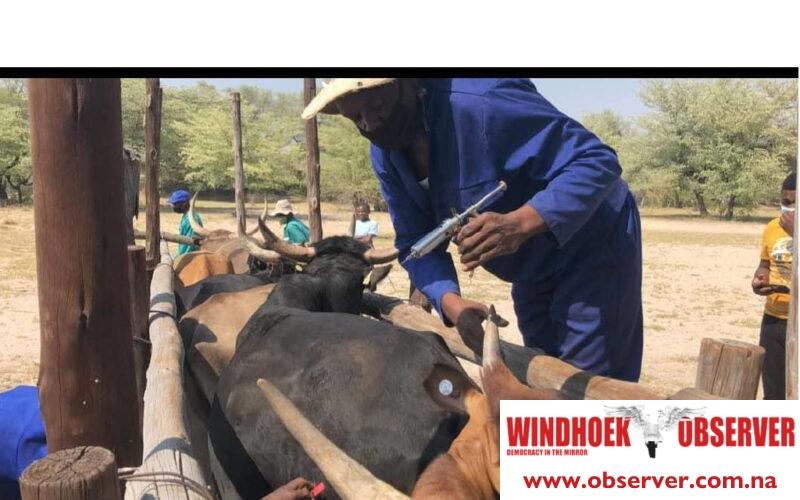Martin Endjala
The Affirmative Repositioning (AR) movement has called on the government to find a sustainable way of creating permanent jobs.
George Kambala, the spokesperson for the movement, was responding to an announcement made by the Directorate of Veterinary Services in the Ministry of Agriculture, Water, and Land Reform.
The announcement called for the recruitment of 30 casual labourers for the 2024/25 mass annual animal vaccination campaign and the maintenance of Okongo quarantine in the Ohangwena region.
The vaccination campaign aims to mitigate Foot and Mouth Disease (FMD).
“Even though they are going to hire in all 14 regions, it’s okay, it’s good, and we welcome the idea. But it’s a dent given the crisis of unemployment, it won’t have any effect, we need to look at ways of making this a sustainable way of creating jobs and not on a casual basis,” he said.
Kambala stated that in terms of longevity, sustainability, and productivity, one needs to look at these activities from the redline perspective and see how they will unlock employment opportunities.
“This means that if we are to remove the red line, we will have to employ young people, and instead of casual workers, they will become permanent workers at those key entry points,” he said.
He said that daily work will provide young people with long-lasting jobs.
Kambala added that the government cannot afford to employ casual workers each year.
He said that a plan must be in place to guarantee the workers’ livelihoods after the contract expires.
He believes removing the red line will unlock greater job and economic opportunities for both service providers and local farmers.
The ministry’s spokesperson, Jona Musheko, explained that the vaccinations in the Northern Communal Areas (NCAs) are free, and they have been free for many years now.
“This campaign is mainly targeting large livestock like cattle, and on the side, pets will be vaccinated against rabies. We vaccinate livestock to protect them from disease and viruses that may affect the trading of these animals in formal markets,” said Musheko.
He said it is the ministry’s obligation to carry out vaccinations in the northern communal areas against diseases of economic importance, like FMD.
He said that the vaccination campaign expects all large stock (cattle) animals in the NCAs to receive annual vaccinations.
According to Musheko, the campaign is carried out in all the regions.




